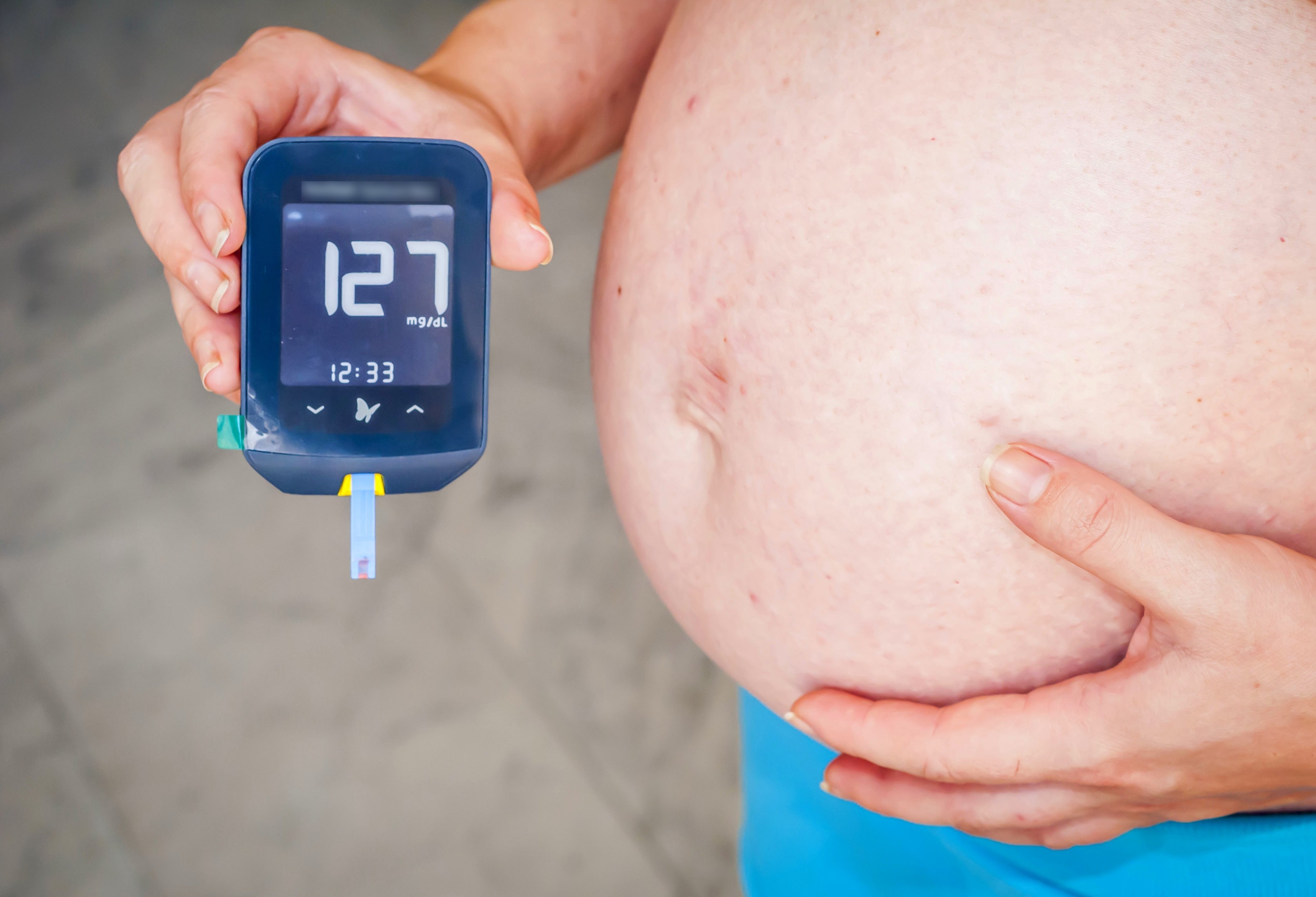All pregnancies carry risk for the mother, whether the mother chooses to continue the pregnancy or to seek an abortion. This section describes some of the risks that are associated with pregnancy and with abortion. While the most common complications are discussed, all possible complications cannot be described here. The most important thing to understand is that there are risks with both pregnancy and abortion.
Medical Risks
Pregnancy Medical Risks
Over the years, the risk of dying from pregnancy and childbirth has declined significantly. Such deaths are now considered very uncommon. In 2014, there were 18 maternal deaths per 100,000 live births in the United States.
Most women go through pregnancy and childbirth without any life-threatening complications. However, complications will occur in some women. Examples of the most common pregnancy complications include:

High blood pressure
Sometimes called preeclampsia, pregnancy-associated high blood pressure is a complication that occurs in approximately 3-4% (3 to 4 of every 100) of pregnant women in the United States. It is detected sometime after the 20th week of pregnancy and it goes away soon after birth. When severe, conditions can develop which can place the mother and fetus at risk. The mother may have short- or long-term organ damage (eyes, kidneys, liver, or brain), seizures, and rarely, death. Because of effects to the placenta, the fetus is at increased risk for poor growth or stillbirth. Because early delivery may be required, the fetus may also be at risk for prematurity-related problems.
Bleeding
Hemorrhage, or heavy bleeding, can occur during pregnancy or after childbirth. The most common time for hemorrhage to occur is after delivery (postpartum hemorrhage). Postpartum hemorrhage occurs in 1-5% (1 to 5 of every 100) of women. Women may need medications and special procedures to stop bleeding. On rare occasions, a hysterectomy (removal of the uterus) is required to stop blood loss. Blood transfusions may also be required.
Blood clots
Pregnancy increases the risk of blood clots in the veins. If blood clots form in the legs, they can break off and travel to the lungs (called a pulmonary embolus, or PE). Pulmonary embolism may cause death. Blood clots during pregnancy are rare, affecting only 1 or 2 pregnancies in 1,000. Obesity and smoking may put you at greater risk of developing blood clots.
Existing Medical Conditions
Existing medical conditions such as diabetes, lupus, or heart problems may get worse during pregnancy. If you have an existing medical condition, talk to a doctor about how your pregnancy many affect these conditions, and about how your condition may affect pregnancy. Maternal-fetal medicine physicians are doctors who have special training to care for complicated pregnancies and who counsel women about their risks. The Maternal and Infant Health Program (MIHP) can help refer you to a maternal-fetal medicine physician for consultation. Please contact MIHP at 801-273-2871.
In addition to pre-existing medical conditions, there are several other factors known to increase a woman’s risk for complications. These include:
- Age (both younger and older women)
- Lack of prenatal care
- Smoking, alcohol, or drug use
- Closely spaced pregnancies (when there is less than six months between delivery and conception of the next pregnancy)
You can reduce the risk for complications in pregnancy by getting early and regular prenatal care, eating a well-balanced diet, taking a prenatal vitamin, gaining the recommended amount of weight (and not more), getting regular exercise, and by not smoking, drinking alcohol, or taking drugs.
Emotional Risks
During pregnancy and following the birth of a baby, a wide range of emotions is possible. Postpartum depression/anxiety occurs in approximately 15-21% of women, making it the most common complication of pregnancy. Women with histories of anxiety or depression are at even higher risk. These emotional health complications can occur within days of the delivery or appear gradually, sometimes up to a year or more later. In addition to feelings of sadness, guilt, and hopelessness, more common symptoms can include anxiety or constant worry, irritability, anger or rage, feeling on edge, and difficulty “sleeping when the baby sleeps”. Symptoms may range from mild to very severe and may last weeks or months. Some women may have scary thoughts such as harming herself or the baby. Depression and anxiety around pregnancy are treatable medical conditions that respond well to a variety of approaches. Regardless of the type or intensity of symptoms, when women simply “don’t feel like themselves”, professional help and support should be sought.
